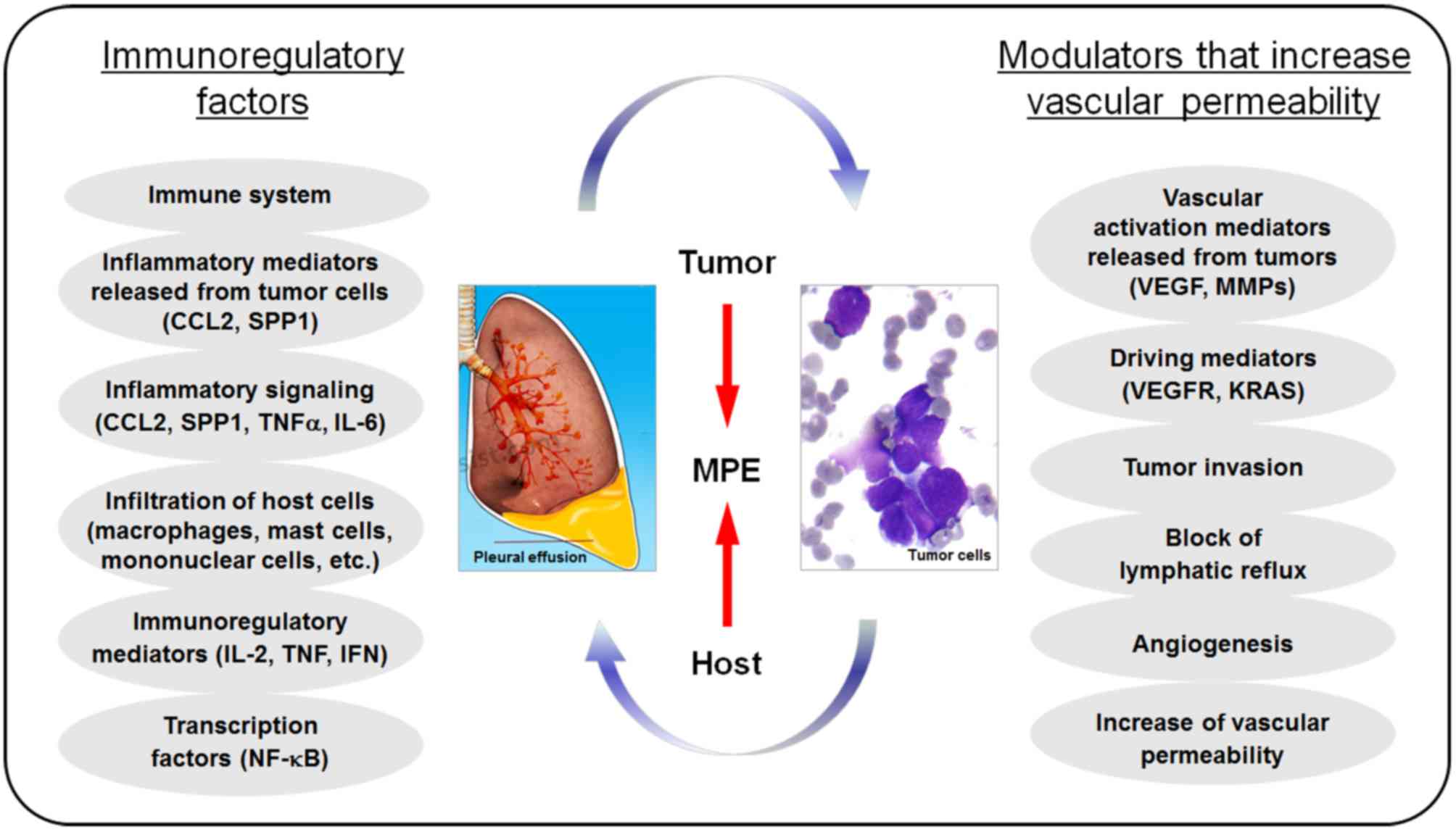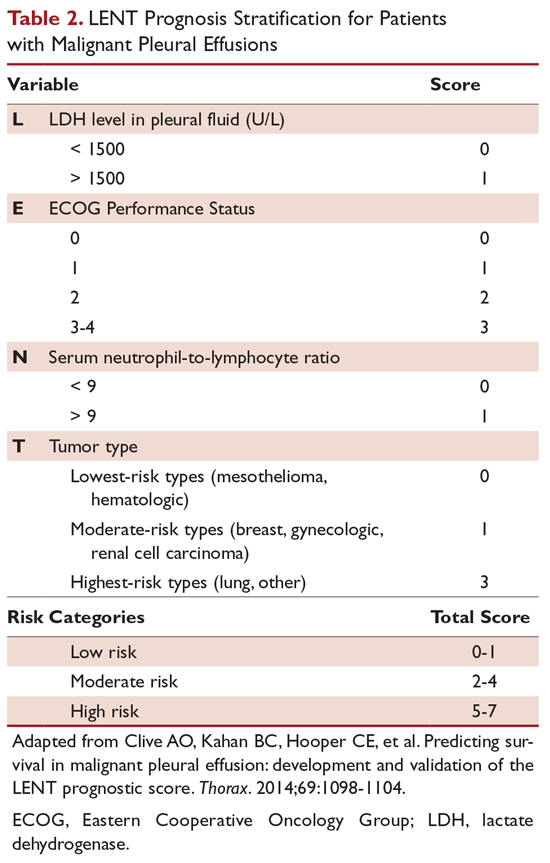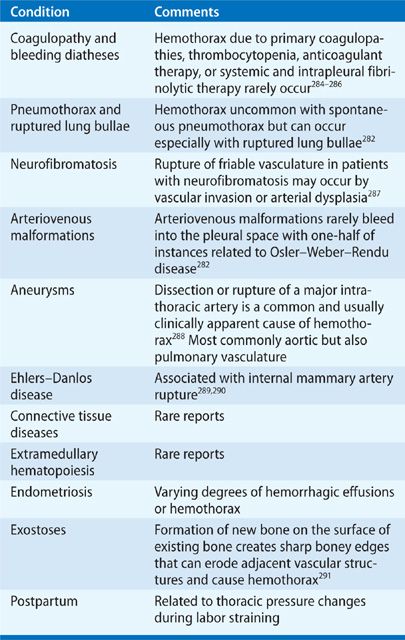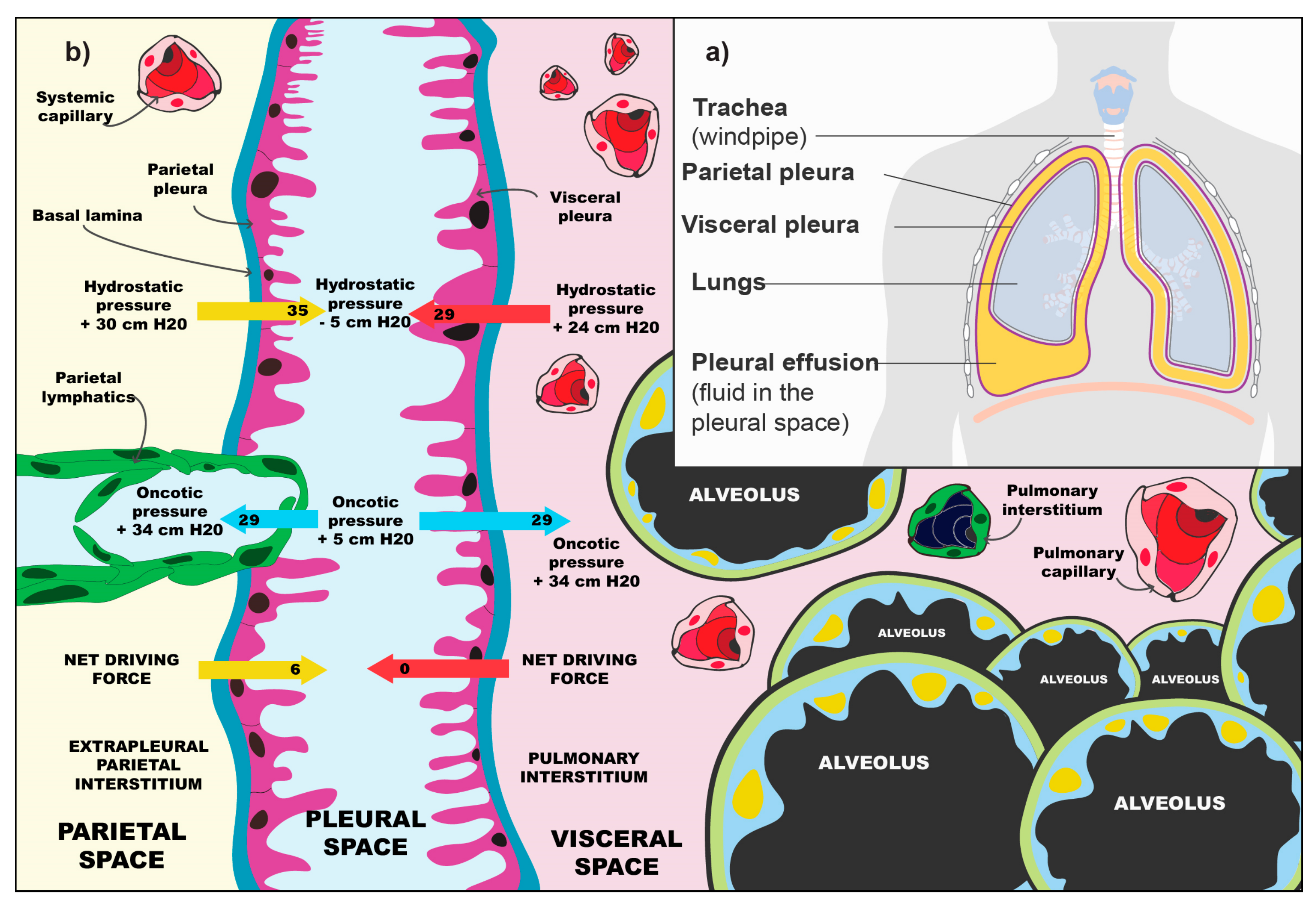what is the prognosis for malignant pleural effusion
But treatment is possible. Inflammatory pleural effusions present both serious and life-threatening threats.

Overall Survival Probability According To Malignant Pleural Effusion Download Scientific Diagram
Malignant Pleural Effusion A malignant pleural effusion MPE is the build up of fluid and cancer cells that collects between the chest wall and the lung.

. Symptomatic malignant pleural effusion is a common clinical problem. A malignant pleural effusion is when the fluid builds up because of cancer The most common form of cancer that starts in the pleura is mesothelioma a cancer often caused by exposure to asbestos Cancer from anywhere in the body can spread to the pleura but the two commonest cancers to do this are lung cancer and breast cancer. Malignant pleural effusions MPE are a common terminal pathway for many cancers with an estimated United States incidence of more than 150000 cases per year.
Development of a malignant pleural effusion is associated with a very poor prognosis with median survival of 4 months and mean survival of less than 1 year. In general for self-resolving uncomplicated bacterial parapneumonic effusions therapy may last one to two weeks while therapy for complicated parapneumonic effusions and empyema are often longer eg two to three weeks for a complicated parapneumonic effusion and four to six weeks for empyema. Studies are contributing evidence on an increasing number of therapeutic options therapeutic thoracentesis thoracoscopic pleurodesis or thoracic drainage indwelling pleural catheter.
Prognosis of Malignant Pleural Effusion As previously mentioned this condition often indicates the presence of advanced stage lung cancer or breast cancer. Malignant pleural effusion MPE is a common and important clinical condition. Patients in these stages often have a poor prognosis with an average life expectancy of less than six months.
A complication in many types of tumors its presence indicates the onset of the terminal stages of cancer. Patients with malignant pleural effusions have a poor prognosis and pleural effusion is considered metastatic disease. It is a fairly common complication in a number of different cancers.
The medial survival of patients with breast cancer was 6 months and those with either lung cancer or lymphoma had a median survival of 4 months Tables 3and and44. But it can be a serious and potentially life-threatening condition. This can cause you to feel short of breath andor have chest discomfort.
The prognosis of cases where the effusion is due to carcinoma of the lung or due to cancer of the. MPE is an aggressive disease with a uniformly fatal prognosis and a life expectancy of only 3 to 12 months. This condition is a sign that the cancer has spread or metastasized to other areas of the body.
Am J Respir Crit Care Med Vol. Find updated content daily for popular categories. Malignant pleural effusion can be described as the presence of exudate in the pleural space accompanied by the detection of cancer cells in pleural fluid or tissue which is the indicator.
Common symptoms include dyspnea on exertion shortness of breath and cough. Respiratory symptoms include breathlessness cough and chest pain. Patients with pleural effusion and ovarian cancer had the best median survival 21 months compared with those with other primary tumors.
A person with cancer grows in the pleural area and there is an malignant pleural effusion. Doctors may be abl. Most patients will be symptomatic although up to 25 percent may be asymptomatic with the effusion discovered incidentally during imaging for another reason.
Sadly the average life expectancy for lung cancer with a malignant pleural effusion is less than six months. When cancer grows in the pleural space it causes a malignant pleural effusion. The average malignant pleural effusion life expectancy is a little less than six months with the median survival time being as less as four months.
Dyspnea is the most common symptom of MPE. This condition is associated with very high mortality with life expectancy ranging from 3 to 12 months. If the underlying condition is a virus it will need to run its course.
Development of a malignant pleural effusion is associated with a very poor prognosis with median survival of 4 months and mean survival of less than 1 year. About half of people with cancer develop a pleural effusion. The clinical history of patients with malignant pleural effusion MPE can be variable.
Most common causes of malignant pleural effusion are lung cancer breast cancer lymphoma and cancer of unknown primary. Malignant pleural effusion mpe is a common clinical problem that results in disabling breathlessness for patients with advanced malignancy. Common causes of malignant pleural effusion are lymphoma and cancers of the breast lung and ovary.
Ad Pleural effusion occurs when the lining around the lungs fills with fluid and becomes. A malignant pleural effusion is treatable. The median survival time the time at which 50 percent of people will have died is four months though some people survive longer.
Ad Looking for top results. Development of a malignant pleural effusion is associated with a very poor prognosis with median survival of 4 months and mean survival of less than 1 year. The most common underlying tumors are lymphomas and cancers of the lung breast and ovaries which account for 75 of cases.
Malignant pleural effusion MPE affects 150000 people in the US and over 250000 people in Europe each year and it represents a common finding up to 15 in the advanced stage cancers Lung cancer in men and breast cancer in women account for 5065 of all MPE followed by ovarian metastatic cancer hematological malignancies and malignant pleural.

Malignant Pleural Effusion 03102017 Youtube

Mortality Among Patients With Pleural Effusion Undergoing Thoracentesis European Respiratory Society

Treatment Options For Malignant Pleural Effusions Download Table

Malignant Pleural Effusion Management Keeping The Flood Gates Shut The Lancet Respiratory Medicine

The Diagnostic Steps In Suspected Malignant Pleural Effusion Table 1 Download Scientific Diagram

Prevalence Clinical Characteristics And Outcome Of Pleural Effusions In Ovarian Cancer

Prognostic Value And Therapeutic Implications Of Pleural Carcinosis And Malignant Pleural Effusion In Advanced Epithelial Ovarian Cancer Anticancer Research

The Role Of Vegf In The Diagnosis And Treatment Of Malignant Pleural Effusion In Patients With Non Small Cell Lung Cancer Review

Prognostic Factors For Survival After Surgical Palliation Of Malignant Pleural Effusion Journal Of Thoracic Oncology

Prognostic Factors For Survival After Surgical Palliation Of Malignant Pleural Effusion Journal Of Thoracic Oncology

Malignant Pleural Effusion Evaluation And Diagnosis Pulmonary Health Hub

Prevalence Clinical Characteristics And Outcome Of Pleural Effusions In Ovarian Cancer

Prognostic Impact Of Malignant Pleural Effusion At Presentation In Patients With Metastatic Non Small Cell Lung Cancer Journal Of Thoracic Oncology

Malignant Pleural Effusions Thoracic Key

Medicina Free Full Text Malignant Pleural Effusion And Its Current Management A Review Html

Ers Eacts Statement On The Management Of Malignant Pleural Effusions European Respiratory Society
Malignant Pleural Effusion Still A Long Way To Go Researcher An App For Academics

References In Development And Validation Of Response Markers To Predict Survival And Pleurodesis Success In Patients With Malignant Pleural Effusion Promise A Multicohort Analysis The Lancet Oncology

Thoracoscopic Assessment Of Pleural Tumor Burden In Patients With Malignant Pleural Effusion Prognostic And Therapeutic Implications Journal Of Thoracic Oncology